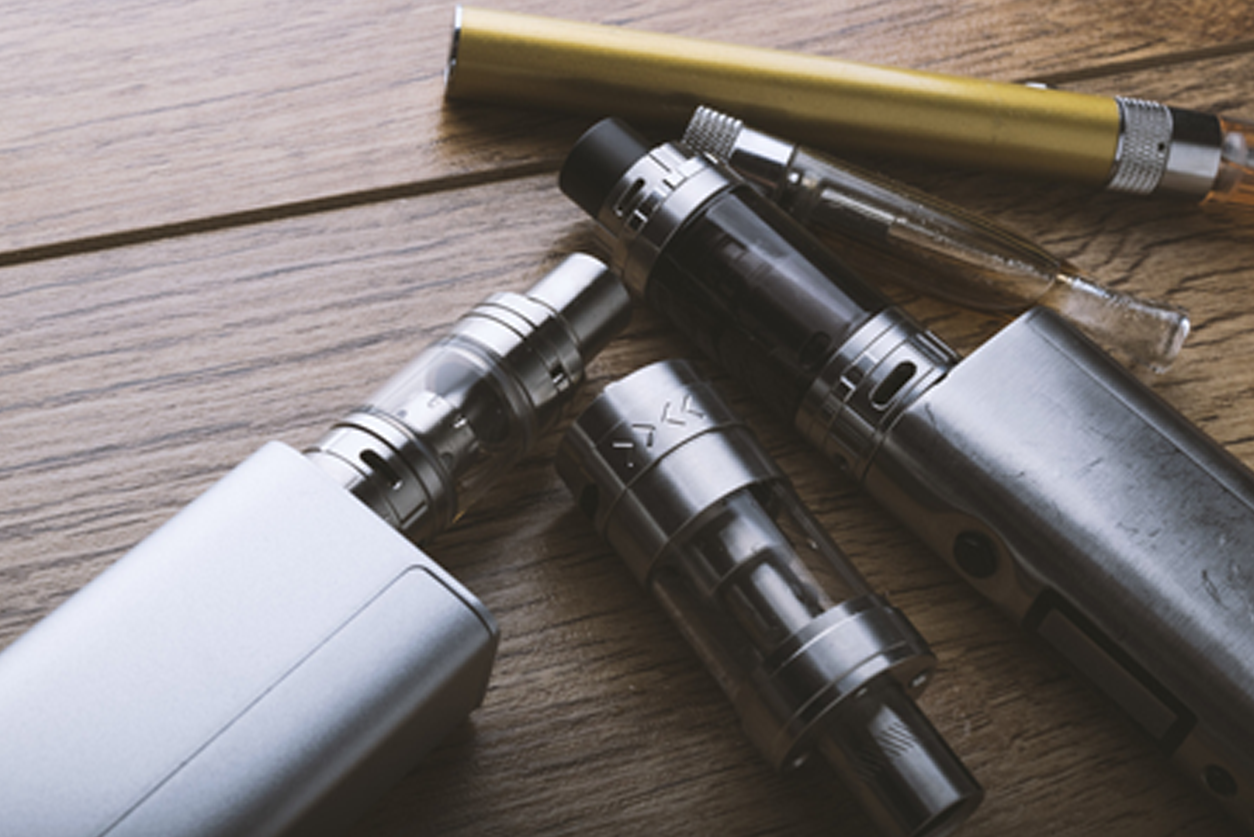Vape tax a ‘deeply cynical cash grab’: think tank
March 7, 2024

The proposal to tax vape liquid is a ‘deeply cynical cash grab’ from the chancellor, a think tank has commented.
In his budget speech on Wednesday, chancellor Jeremy Hunt has confirmed the introduction of an excise duty on liquids used in vaping products from October 2026.
“Forget sin taxes, this is a saint tax. Vapers did what the government wanted and gave up smoking. They are now being punished for it,” Christopher Snowdon, head of lifestyle economics at the free market think tank, the Institute of Economic Affairs, said.
Terming the proposal ‘scientifically and economically illiterate’, Snowdon said the government seems to be intent on keeping people smoking, combined with the ban on disposable vapes.
“Not only will the tax close the price gap between vapes and cigarettes, it will send a message to the public that the health risks are similar. Since most people in Britain already wrongly believe that vaping is at least as dangerous as smoking, the government’s reckless greed will cost lives. As a former health minister, Mr Hunt should be ashamed,” Snowdon said.
Responding to the budget speech, the Consumer Choice Center (CCC) said the “unjustified” introduction of a vape tax and increasing tobacco levy will harm consumers by raising prices.
“The vape tax will not raise a substantial amount for the Treasury and will hurt many smokers who are trying to quit, as well as creating a divide between rich and poor smokers,” Mike Salem, the UK country associate at the CCC, said.
“Because of the [vape] tax, the government had to also announce an increase in tobacco levy to deter smoking, further distorting consumer behaviour and driving them to the black market for cheaper alternatives.”
Salem suggested that a comprehensive approach should be considered when dealing with tobacco harm reduction and called for proper research and impact assessments.
Chris Allen, chief executive at Broughton, an independent contract research organisation, termed the vape tax as a ‘double-edged sword’.
“We do not want to see an increase in prices that provides smokers with another reason not to switch. Greater taxes on those products with a higher nicotine strength will hit the heaviest smokers the hardest. Still, they may encourage a reduction in nicotine consumption and potentially initiation from non-nicotine users. The balance between efficacy and abuse liability is difficult to get right,” he said.
Allen said the current perception of vape products is a greater concern than the price-point.
“The results from the 2023 ASH survey indicate that 12 per cent of smokers switch to save money, whilst 39 per cent of smokers believe that vaping is as harmful or more harmful than smoking. Another 25 per cent are unaware of the relative safety. If the funds raised can be used to effectively promote the benefits of reduced-risk products and strengthen and, most importantly, enforce regulations, then this will only stabilise and enhance the category in the future,” he said.
